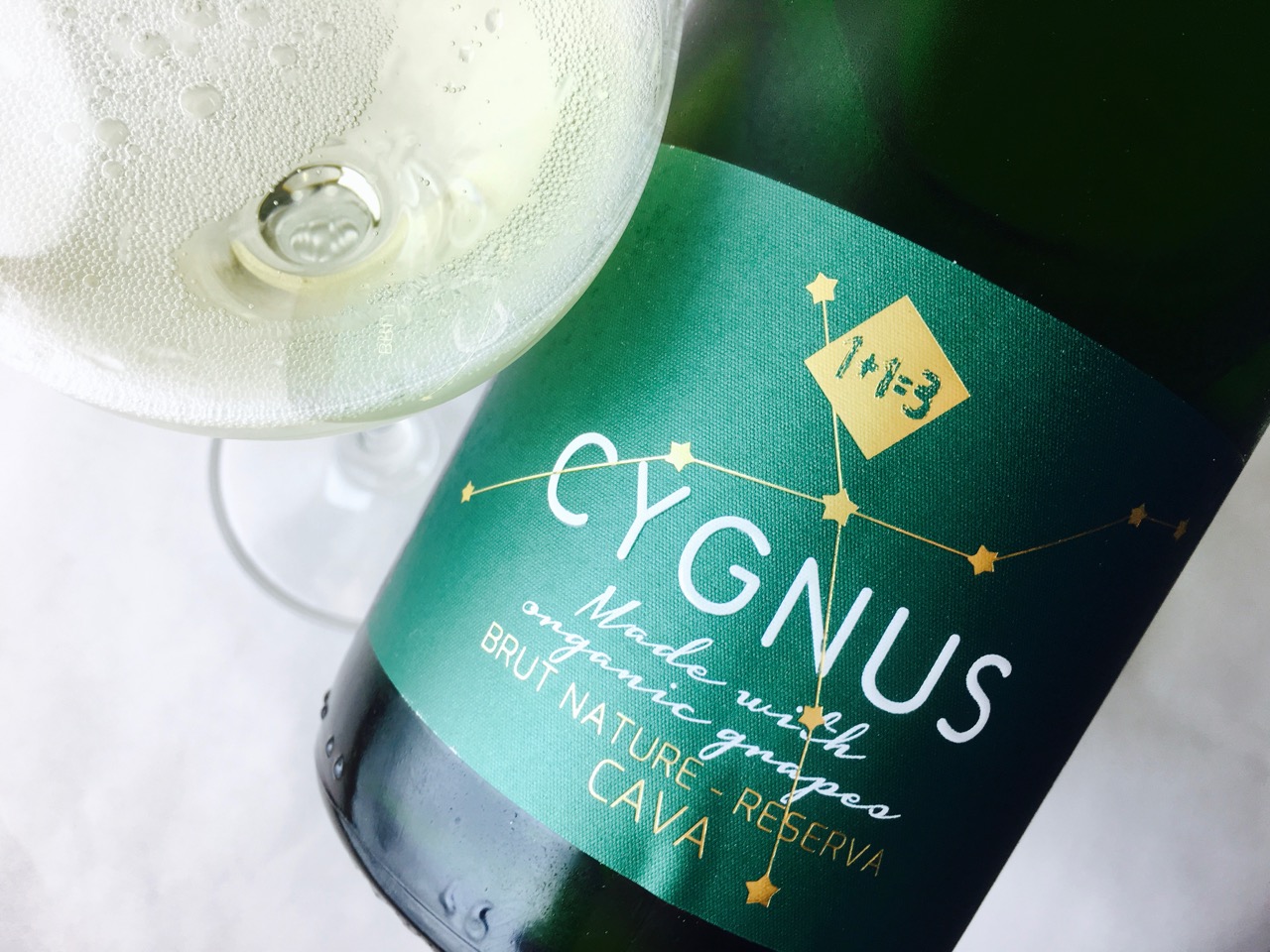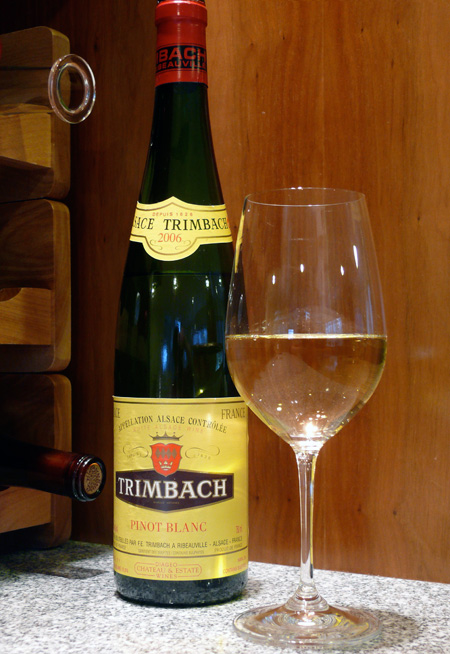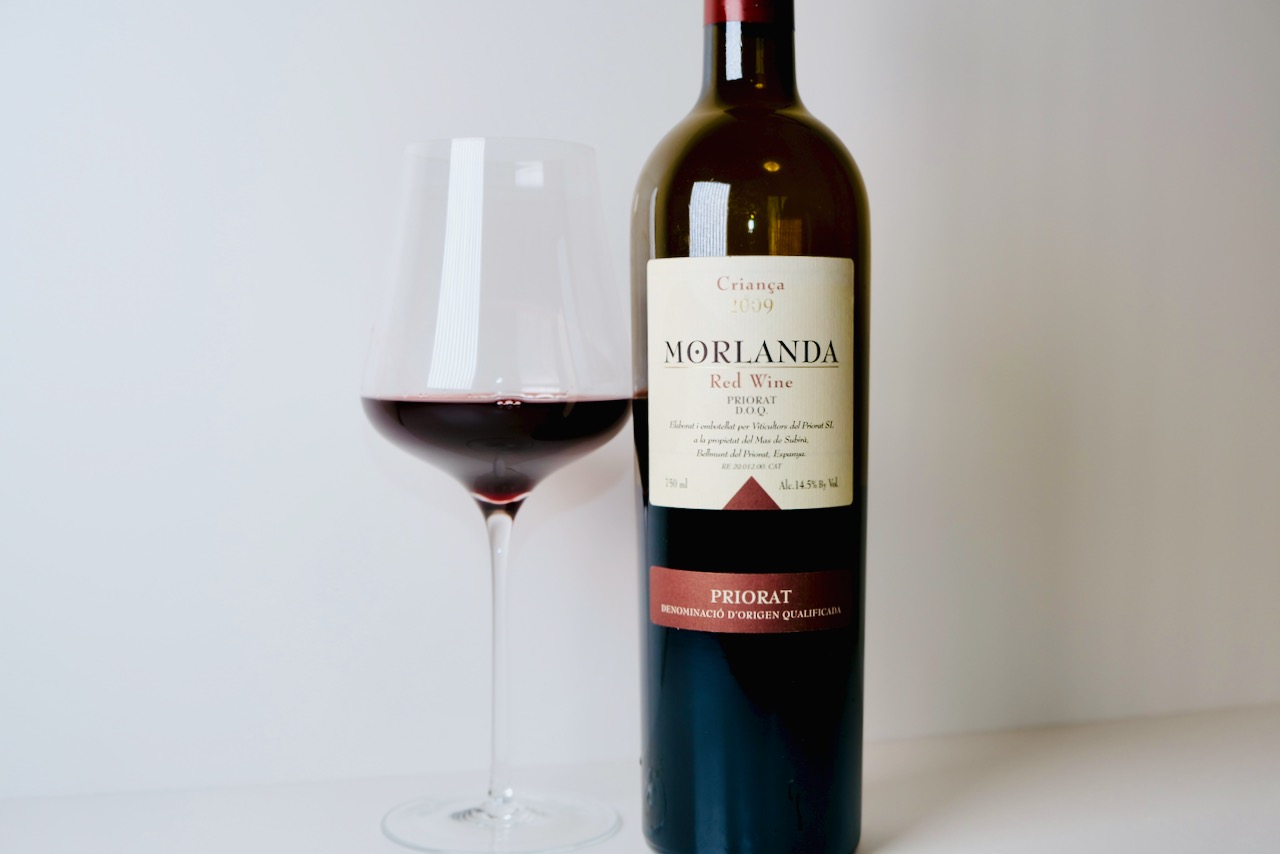Slow Food Nation just wrapped. Held in San Franscisco this past week, the event was designed to "celebrate the birth of a broad and inclusive food movement to build an American food system that is sustainable, just, and delicious."
I applaud the Slow Food movement. I'm an advocate of real food, raised well. But how inclusive is the movement, really? Grist offers a skeptical review. I have to admit, I share some of the Grist author's reserve. Having lived on a farm for three years, raising about 25% of the calories for our household, I can say with some authority that slow food is not glamorous: it's arduous. It's real, it's genuine, it's humbling, it's awe-inspiring. But it's also a whole lot of work.
As an over-educated suburbanite raised on frozen broccoli, I was delighted and amazed at my ability to learn agriculture, to learn to wield a hoe and to discriminate pigweed from spinach. Gardening is fickle, weather-dependent, bug-intensive, sweat-breaking, curse-producing. It's also one of the most rewarding human enterprises imaginable. When you make your own cornbread from dent corn you grew and ground yourself, using eggs from chickens you raised and named, it's beyond gratifying.
But gardening is also anxiety producing. Because for that cornbread, you've used two eggs, and you won't have more until tomorrow. You've used a cup of corn, and you won't have more until next year. You revere, you appreciate—but you still have to eat. There's only so much. Though we were lucky. We weren't making a lot of money, but we had enough to buy cornmeal if we ran out of home-grown. Most of the world isn't so lucky. When they run out of corn, they go to bed hungry.
Which is my main argument with the Slow Food movement, per se. Its advocates seem to be folks who can choose: home grown / locally grown versus store bought. For most of the world's people, it's home grown / locally grown versus nothing.



